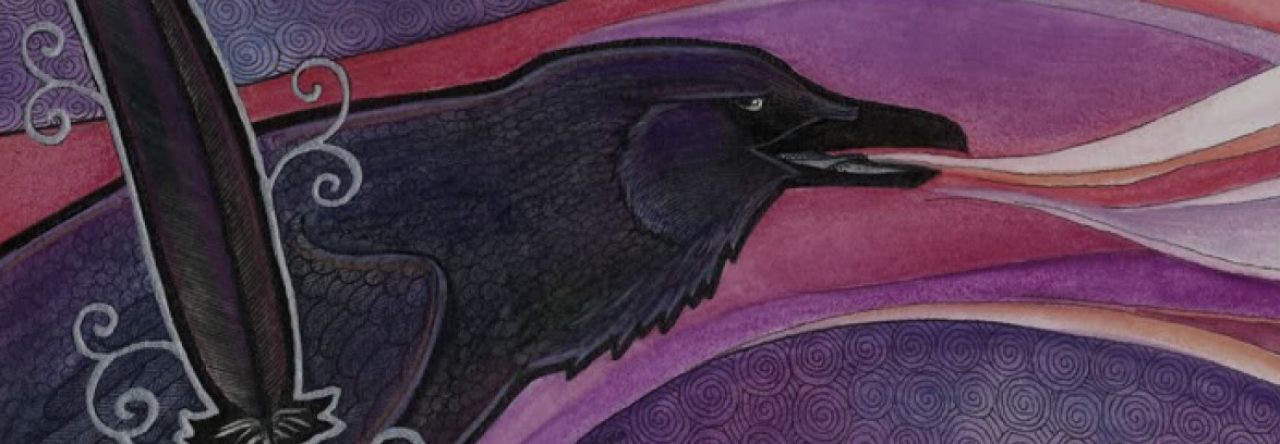
Dortchen Wild fell in love with Wilhelm Grimm the first time she saw him.
Growing up in the small German kingdom of Hessen-Cassel in early Nineteenth century, Dortchen Wild is irresistibly drawn to the boy next door, the young and handsome fairy tale scholar Wilhelm Grimm.
It is a time of War, tyranny and terror. Napoleon Bonaparte wants to conquer all of Europe, and Hessen-Cassel is one of the first kingdoms to fall. Forced to live under oppressive French rule, the Grimm brothers decide to save old tales that had once been told by the firesides of houses grand and small all over the land.
Dortchen knows many beautiful old stories, such as ‘Hansel and Gretel’, ‘The Frog King’ and ‘Six Swans’. As she tells them to Wilhelm, their love blossoms. Yet the Grimm family is desperately poor, and Dortchen’s father has other plans for his daughter. Marriage is an impossible dream.
Dortchen can only hope that happy endings are not just the stuff of fairy tales.
Kate Forsyth once again delves into the world of fairy tales, The Wild Girl following on from the retelling of the Rapunzel fairy tale, Bitter Greens. This time, Forsyth focuses not so much on the fairy tales, but those who famously collected the old tales – the Brothers Grimm. More specifically, this story is focused around a woman whom history has shadowed, Henriette Dorothea Wild, known as Dortchen Wild.
Dortchen Wild grew up next to the Grimm family in the German kingdom of Hessen-Kassel, the kingdom itself subject to the rise and fall of the Napoleonic wars. Wild herself was the source of many of the tales that the Grimm brothers collected, and went on to marry Wilhelm.
In The Wild Girl, Forsyth gives Dortchen Wild the life that history leaves out. Dortchen is the wild girl, headstrong by nature, and happiest in the gardens and wild places. From the first, she finds herself drawn to Wilhelm, though she knows that her father would never allow them to marry, for the Grimms are too poor.
As Dortchen’s life progresses, the lightness and wildness of her youth are thrown into shadow. And a fair warning needs to go here – there is physical and sexual abuse in this book, which may be triggering for some readers. But there is also much redemption – Dortchen herself speaks about the redemptive power of story, and the novel itself is a fine example of how powerfully a story can redeem and bring light.
The prose in this novel is utterly beautiful. At times, it is pared back so much that it seems almost plain (though always serviceable), but then Forsyth inserts an almost painfully beautiful phrase or image. Everything feels real – the huge events of history that pass around Dortchen’s life, seen only in fragments by her are nonetheless full of impact. Forsyth manages to convey perfectly how an event like a war affects people on the individual level as Dortchen and her family live and grow (and sometimes fall).
There is a lot of darkness in this novel, just as there is darkness in so many of the fairy tales gathered by the Grimm brothers (and the parts of the tales that are woven into this story do a fabulous job of reflecting that). But just as in the fairy tales, even in darkness there is always hope.
An absolutely beautiful and much recommended read. An extremely worthy follow-up to Bitter Greens.

1 Pingback